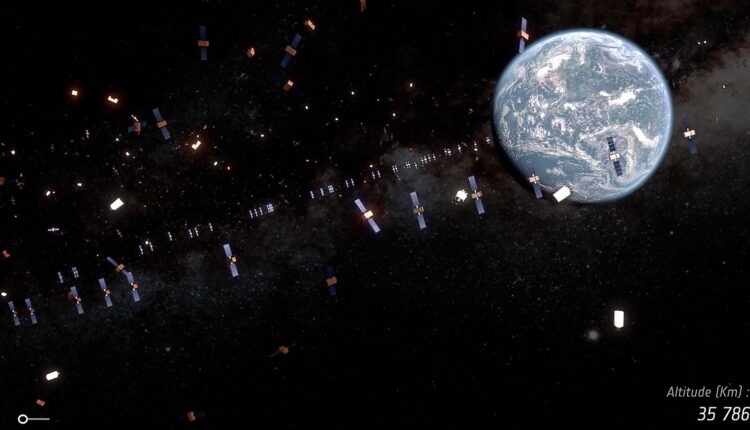©2021 Reporters Post24. All Rights Reserved.
Just 10 years ago, a mere thousand or so operational satellites may have orbited our planet, but there will be tens or even hundreds of thousands a decade from now.
Experts have been sounding alarm bells for years that Earth orbit is getting a bit too crowded. So how many satellites can we actually launch to space before it gets to be too much?
Jonathan McDowell is an astrophysicist and astronomer at the Harvard-Smithsonian Center for Astrophysics who studies super-energetic phenomena in the universe such as jet-emitting black holes in galactic centers. In recent years, however, McDowell has gained prominence for his work in a completely different field of space research. In his monthly digital circular called Jonathan’s Space Report(opens in new tab), McDowell tracks the growing number of satellite launches and the ballooning number of objects in Earth orbit.
The project started with an ambition to “provide a pedantic historical record of the space age,” but has, in a way, become a chronicle of the environmental destruction of the near Earth environment. In his frequent media appearances, McDowell has been vocal about his views on the future of the increasingly overcrowded near-Earth space.
“It’s going to be like an interstate highway, at rush hour in a snowstorm with everyone driving much too fast,” he told Space.com when asked what the situation in orbit will be like if existing plans for satellite megaconstellations such as SpaceX‘s Starlink, OneWeb and Amazon Kuiper come to fruition. “Except that there are multiple interstate highways crossing each other with no stoplights.”


